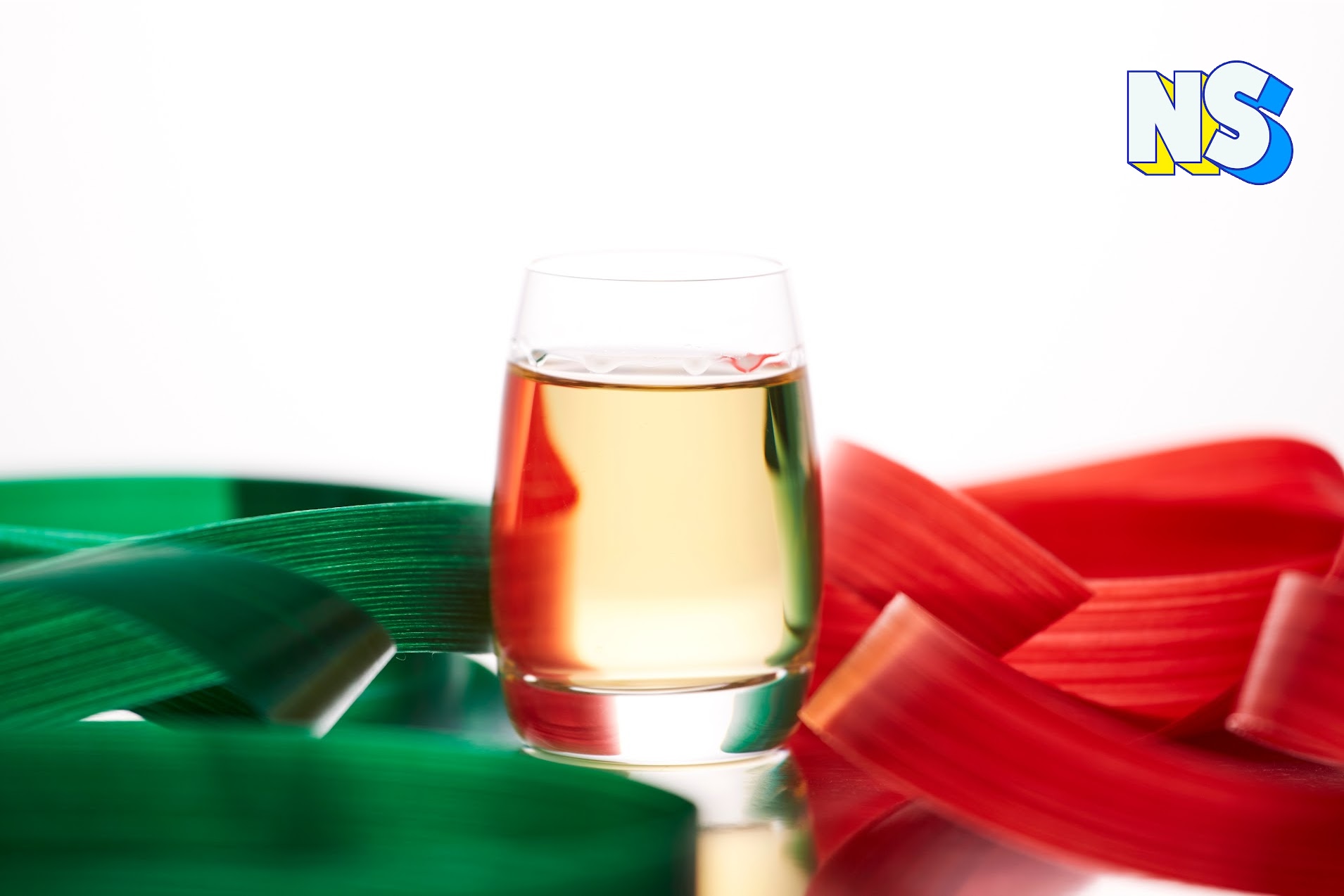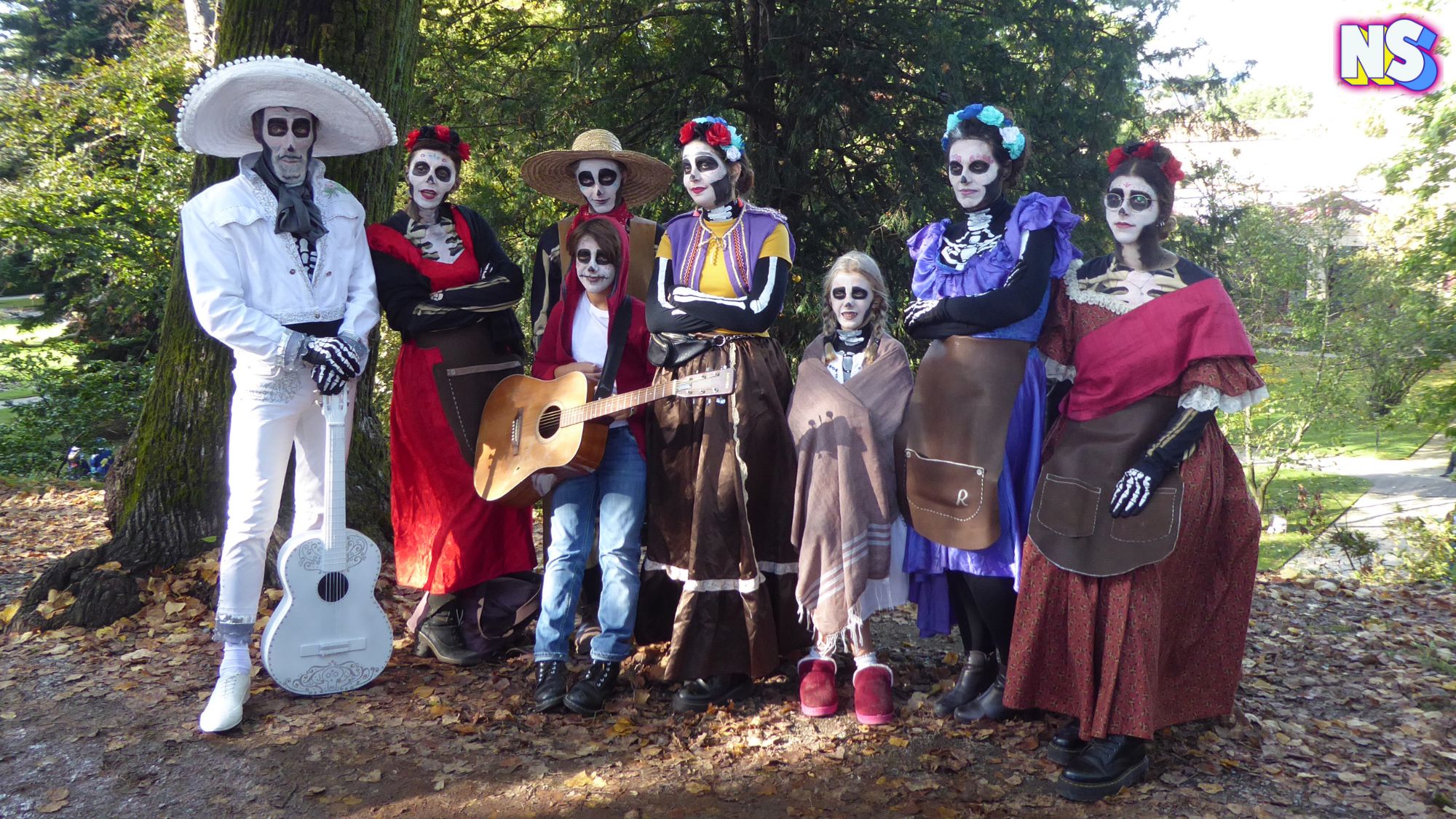Image: Shutterstock.
Over the years, many of us have probably heard someone describe a favorite drink as the “nectar of the Gods.” It’s an adage we immediately equate to being something so delicious that it is worthy of the Gods themselves.
When it comes to the drink we now know as tequila, however, its origin stories are rooted in mythology and history. Tequila is quite literally the nectar of the Gods.
The origin story of tequila dates back thousands of years to its predecessor
Commonly known now as pulque, the first nectar-of-the-Gods reference can be found deep within the stories of the ancestors, The Toltecs.
Papantzin, a farmer and father to Xochitl, first discovered Poliuhqui, a milky white drink. He realized he could extract the sap from the maguey (agave) plant and, through fermentation, turn it into a frothy elixir with mildly hallucinogenic properties. Papantzin and his daughter offered the drink to the 8th King of the Toltecs, Tecpancaltzin.
The King fell in love with the drink and Xochitl, who he took as a bride – unbeknownst to her father.
When Papantzin discovered Xochitl’s whereabouts, he confronted the King. As penance for marrying his daughter without knowledge and as a thank you for the gift of poliuhqui, Tecpancaltzin promised the son he had with Xochitl would become heir to the Toltec dynasty.
Xochitl would birth a son known as the last King of the Toltec empire – Topitzin-Quetzalcoatl.
@palmerfox Pulque is described as milky white, almost slimy (like okra), a tad sour, and was considered sacred, reserved for only certain classes of people. The Spanish let the pulque cat out of the bag, the drink became secular, and consumption rose. #tequila #pulque #mexico #jalisco❤️🇲🇽🥰😍 #archaeology #history #historybuff #paloma #margaritas
It is during the reign of Topitzin-Quetzalcoatl that the crossover of mythology and history begins
In the mythos, Topitzin-Quetzacoatl ruled over the Toltecs for quite some time. Then, he was suddenly confronted by the mischievous lord of darkness, Tetzcatlipoca.
Using poliuhqui to goad the King, Tetzcaltipoca convinced him to commit an act so heinous that when he became aware of what he had done, Topitzin-Quetzacoatl fled from his own land. He did not stop until he reached the gulf, where he set himself on fire as a sacrifice to the gods, becoming the morning star.
During his absence, Tetzcatlipoca took over and destroyed the Toltecs. While the mythos seems far out of the realm of understanding for many of us today, it also alludes to the actual destruction of the Toltec empire.
@thestorytimeguy Intro to Aztec Mythology: Quetzalcoatl #aztec #latino #latina #mexica #mexico #Indigenous #myth #Mythology #greenscreen
♬ Maya's Theme (from "Maya and The Three" soundtrack) - Gustavo Santaolalla
While the King and his empire did not last, the ceremonial drink of poliuhqui, or pulque as it came to be known after colonization, survived.
In fact, the basic concept of the drink is now the foundation of the commercial drink we know as tequila.
First mass-produced by Jose Antonio Cuervo in the 1700s, the drink became popular in the early 1800s and has maintained a stronghold as many people’s drink of choice worldwide.
Thank the Gods.





